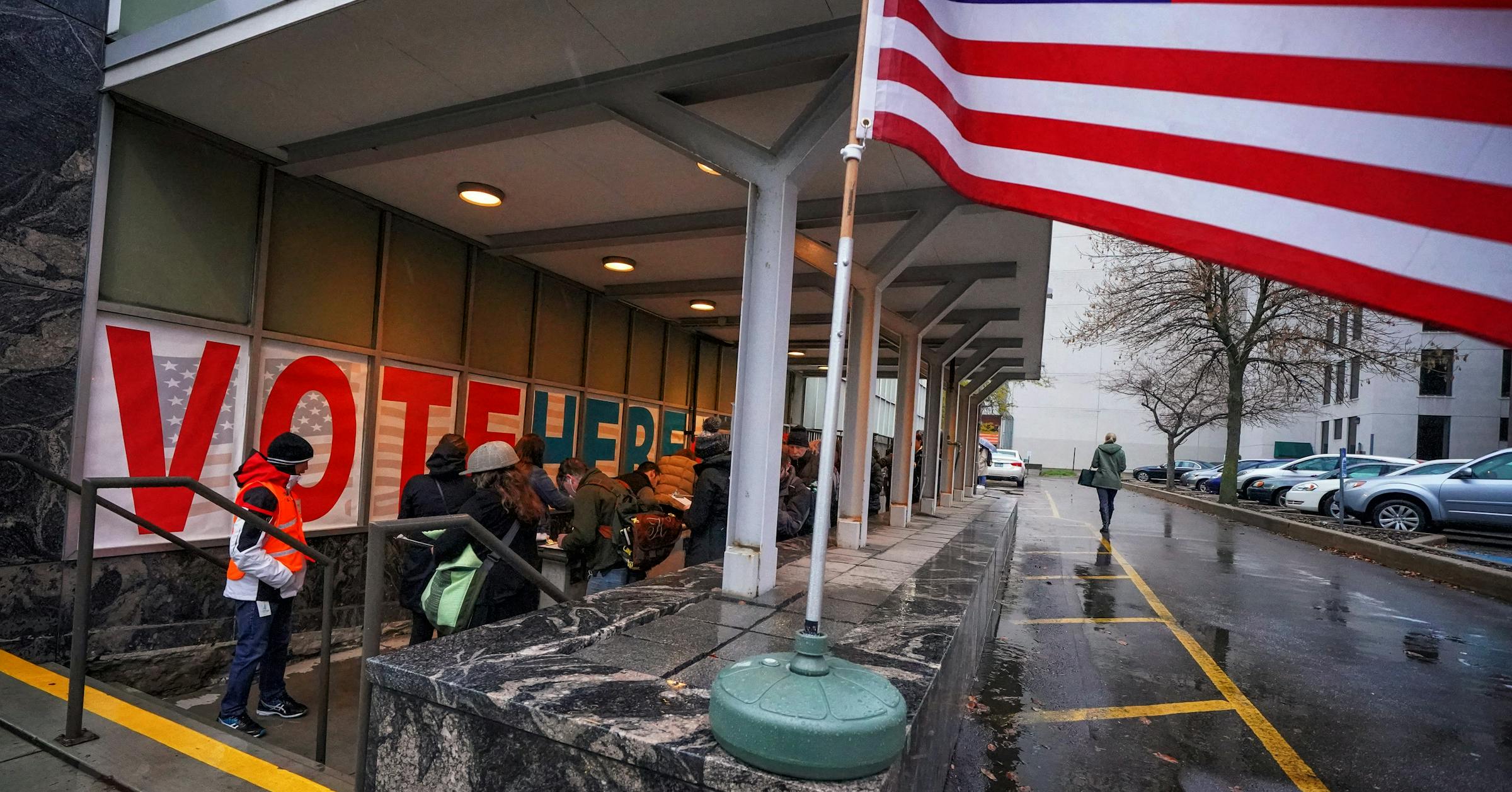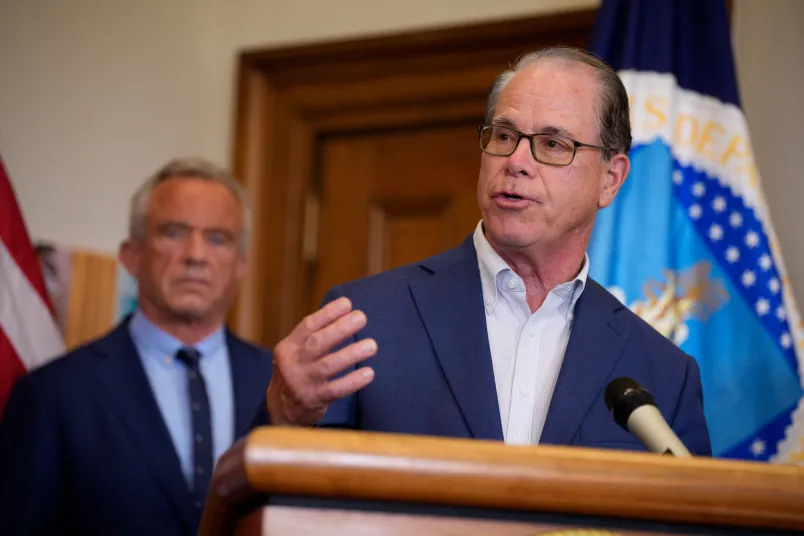Copyright startribune

Opinion editor’s note: Strib Voices publishes a mix of guest commentaries online and in print each day. To contribute, click here. I’ve seen firsthand what happens when government stops listening, and that’s why I’m running for the Minneapolis City Council in Ward 2. My family faced a financial crisis created by our reliance on Medicaid. Even with insurance, the mounting medical bills nearly bankrupted us. When my child required a $60,000 operation, our insurer refused to cover it. We turned to a supplemental insurance assistance program to help families like ours, but its strict income and asset limits only pushed us deeper into financial distress. Suddenly, like millions of Americans, my family became trapped in Medicaid poverty. Living through that experience opened my eyes to how complex and unresponsive our care systems can be. I had to navigate caregiving, child care and senior care all at once — while trying to balance our finances through public support. Too often, dignity is overlooked in the way these services are administered. Those experiences fueled my determination to make a difference. I began working to support other families facing similar struggles: serving lunches in the school cafeteria, volunteering with local Early Childhood and Family programs, joining a City Council committee, and leading Brownie and Cub Scout packs. I helped families navigate educational and support challenges and eventually led a parent support group. Through that work, I saw the power of community and the urgent need for responsive, compassionate local leadership. My activism brought me to the State Capitol many times over the years. After seeing how broken the system was, I became an advocate for parents of children with disabilities. I even petitioned for change at the Capitol, where I met a legislator who inspired me to run for office. When I explained that many families are forced to pay hundreds of dollars each month for supplemental insurance policies, he brushed it off. He told me those policies were just a discretionary expense, like his decision to pay for his son’s hockey ice time.



